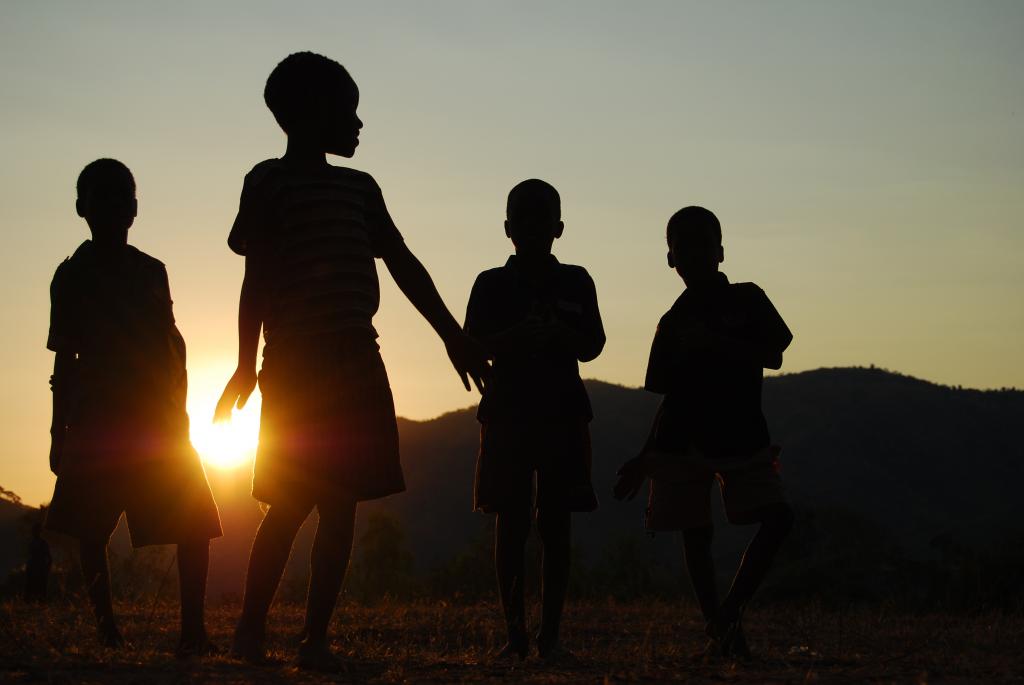 Written by Joe Lanning, Instructor, Malawi Immersion Summer Seminar
Written by Joe Lanning, Instructor, Malawi Immersion Summer Seminar- Courses in anthropology.
- Study abroad programs that are more than tours of a foreign country or short-term “volunteer” work.
Why shouldn’t they be rare? Let’s let some high school students who recently participated in the Malawi Immersion Summer Seminar answer that question.
“I thought exploration was dead. That every nook and cranny had been analyzed, categorized, documented, and filed. I could not have been more wrong. There is so much more to learn and to discover, and that makes me more excited for the future than I have ever been.”
“Most Americans have no idea what it’s really like in Africa. Africa is largely misrepresented and it makes me realize/wonder how many other things are misrepresented…The best thing about this program is the immersion into a different culture, instead of touring around and trying to learn about it, actually living it and being encouraged to sit back and watch and listen.”
“This program gives me a great platform to launch off in any direction… It has taught me how to learn, how to listen, to observe and contemplate, and how to question.”
“In Malawi I learned about humanity and I learned about happiness. I got perspective and a new pair of lenses to try on—new eyes to look through. I’ve never really had any direction or any sense of where I am going or what I want, and this gave me some. It gave me the potential major of anthropology and it gave me affirmation of my once timid wish to eventually join the Peace Corps.”
 I’m the instructor for the Malawi Immersion Summer Seminar, and I can’t say it any better than the students have said it themselves, but I’ll share my two cents anyway. In the next decade, the world is going to continue to be more accessible than it ever has been before. As you read this, thousands of young people from around the globe are joining Facebook. Businesses are expanding operations to new markets around the world. Whether through the Internet or the old-fashioned way of packing a backpack and hopping on a plane, the potential to connect with the world outside of one's familiar comfort zone is easier than ever. Meanwhile, understanding what is really going on around the rest of the world, beyond the oversimplification and occasional distortions you hear in the news and read in your textbooks, is more important than ever.
I’m the instructor for the Malawi Immersion Summer Seminar, and I can’t say it any better than the students have said it themselves, but I’ll share my two cents anyway. In the next decade, the world is going to continue to be more accessible than it ever has been before. As you read this, thousands of young people from around the globe are joining Facebook. Businesses are expanding operations to new markets around the world. Whether through the Internet or the old-fashioned way of packing a backpack and hopping on a plane, the potential to connect with the world outside of one's familiar comfort zone is easier than ever. Meanwhile, understanding what is really going on around the rest of the world, beyond the oversimplification and occasional distortions you hear in the news and read in your textbooks, is more important than ever.
Awareness and understanding of other cultures and other places is becoming the most important skill you can develop for your personal, academic, and professional growth. I can’t make a strong case for why the opportunities are so rare for high school students to explore other cultures, using the skillset of an anthropologist and an approach that focuses on transformative academic interactions and research. That’s why the Malawi Immersion Summer Seminar exists and why you should spend some time investigating if it is the right program for you.




